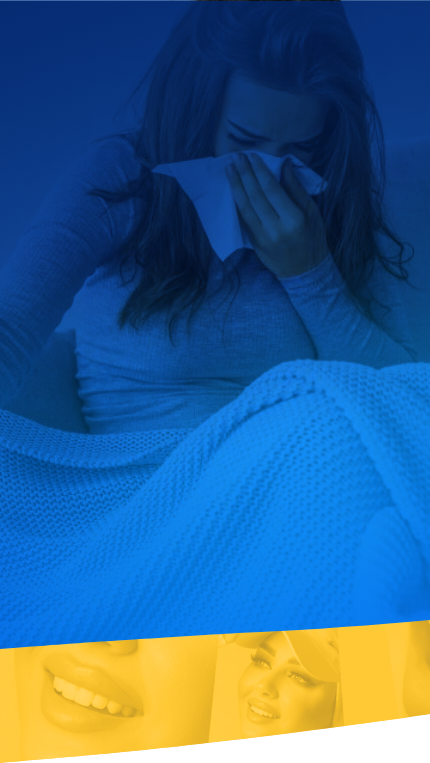Nursing mothers

Breastfeeding is the best way to feed a child during the first six months of life, as breastfeeding has been shown to have many benefits for both mother and child, especially if the mother continues to breastfeed her baby during the first year to the age of two. Studies have shown that some unborn babies have had tooth decay as a result of artificial feeding. We need to know the role of breastfeeding in avoiding tooth decay in children.
Follow the following steps to ensure the health of your baby's mouth:
- Use breastfeeding as a means of feeding the baby instead of artificial feeding methods.
- Use breastfeeding only during the first six months of the child's life, in addition to continuing to breastfeed the baby with some solid foods along with breast milk until the baby is 2 years old.
- Attention to oral and dental health since the first appearance of the baby's teeth.
- If the mother or father's teeth are toothed, the family should check the child's teeth early (6-12 months) and compare her health condition with the teeth of family members.
- Try to get the baby used not to tooth off a bottle of milk or otherwise.
- Make sure that the child does not sleep in his hand a bottle of milk containing other water.
- Check the teeth of a 12-month-old child in the absence of caries in the teeth of a family member
- Do not continue to breastfeed the baby during the night, and the child should not be removed until the completion of his meal
- The Dental Association and the Academy of Pediatrics of the America recommend the use of fluoride-containing products to strengthen a child's teeth.
The importance of breastfeeding is due to the mother's realization that most of her medications reach in varying amounts to her milk. These amounts of medication usually don't hurt the baby, but that doesn't always prevent the baby from developing any health problems.
The guidelines for taking the mother's medication determine how much time she travels through her bloodstream and then into her baby's milk. For example, if the mother is given the drug by injection (needle), it reaches directly into her blood and then reaches her milk faster than other methods of taking the drug.
Below is a list of medications that your dentist may prescribe when visiting for the necessary operations or treatment for discomfort or infections of the mother's mouth and teeth that can affect her milk and therefore her baby.
Antibiotics:
These are medications prescribed by your dentist before or after some dental operations for some patients. Example: Penicillin etc... These medications disrupt the balance of microorganisms in the baby's body. Your baby may develop diarrhea or rashes from diapers if amounts of these medications are transferred to the mother's milk.
Objective anesthesia:
Local anesthesia is used periodically for most dental treatments. Local anesthesia used in dental clinics has been found to be safe to use. However, it is advisable to avoid breastfeeding her child at least four hours before undergoing the drug.
Aspirin products:
It contains anti-inflammatory chemical agents and is free of steroid compounds, such as Proven, which is prescribed by your doctor to relieve oral and dental pain.
Of course there are many other medications and drugs, but as usual, the mother should check with her therapist or pediatrician before taking any kind of medication, to ensure that her child is healthy
What is the most suitable age to take your child to the dentist:
Dentists recommend taking the child for the first time when he or she reaches the age of year. It is true that this age seems a little early, but the early visit has many positive effects. Studies have shown that children who are taken to
the dentist before the age of one are not afraid of the dentist.
The reason for this is that the first visit at this age is usually amusing and comfortable and does not involve exposing the child to the needle or annoying drilling tools. This first date gives a positive impression on the child from the dentist and hides this impression in the child's subconscious mind. So a large proportion of fear fades. However, if the child's first appointment is to make a filling in the tooth or to remove the tooth, the doctor will have to give the child an anesthetic needle and the shape of the dentist is linked to the needle and pain.
An early visit enables your dentist to observe dental problems before they worsen, and provide advice and guidance that will prevent your child from pain and dental problems.














comment